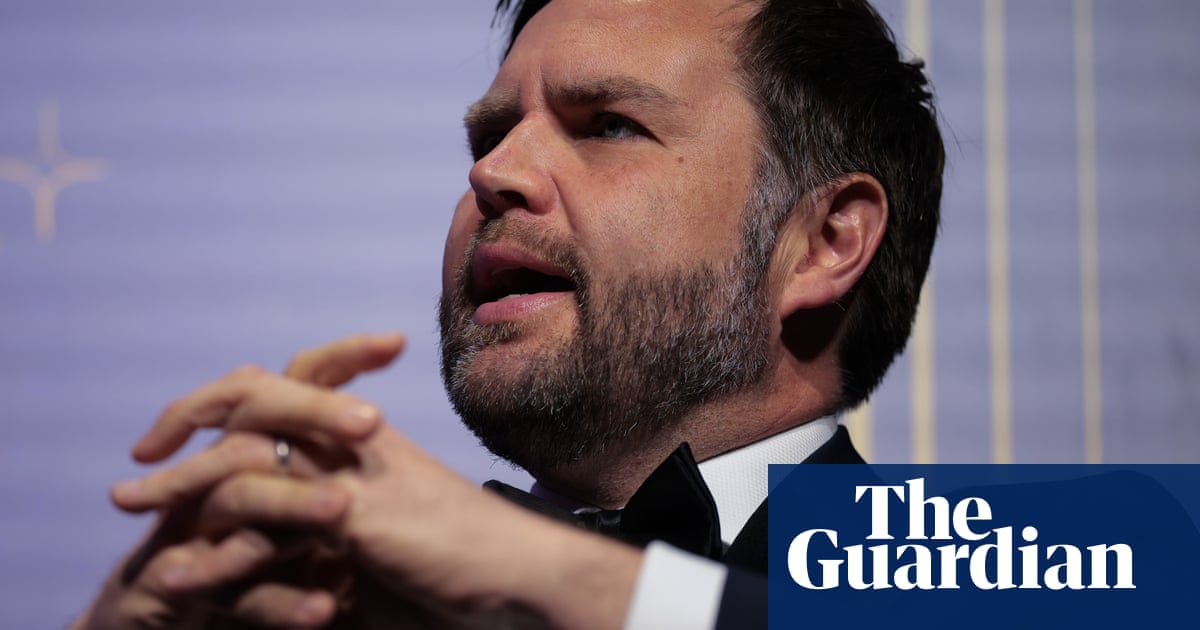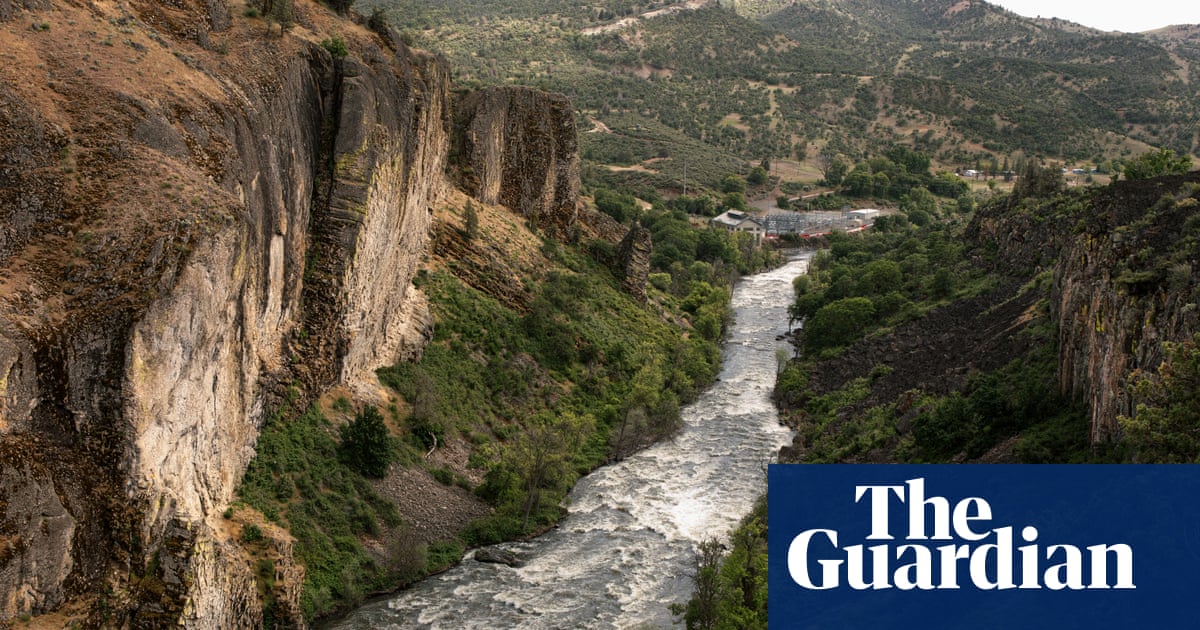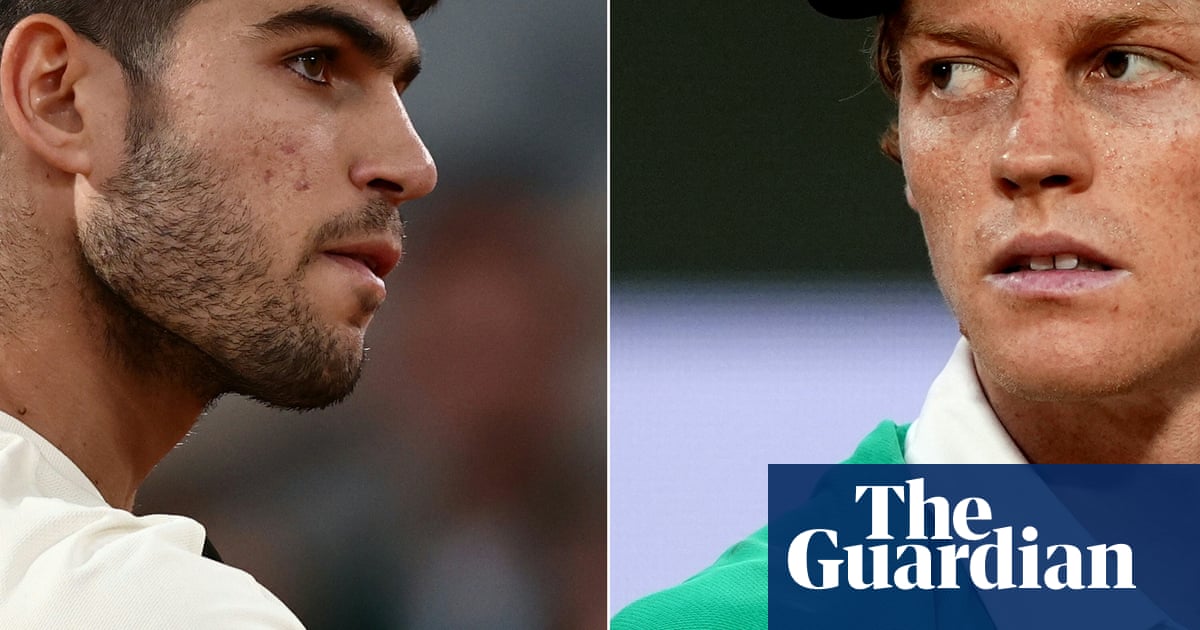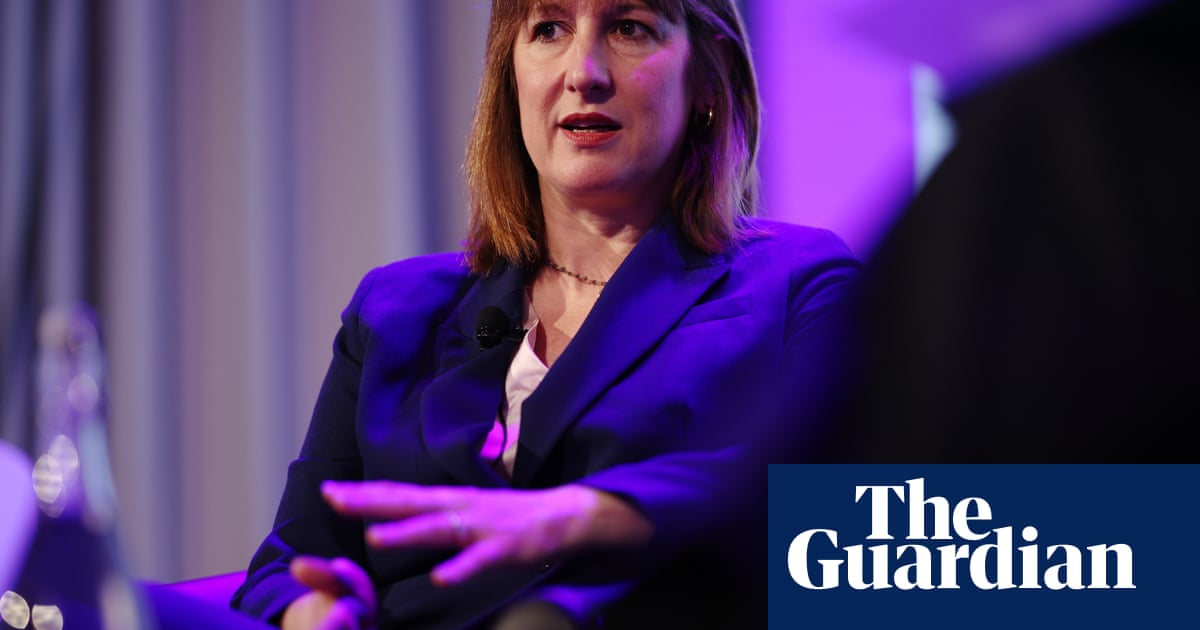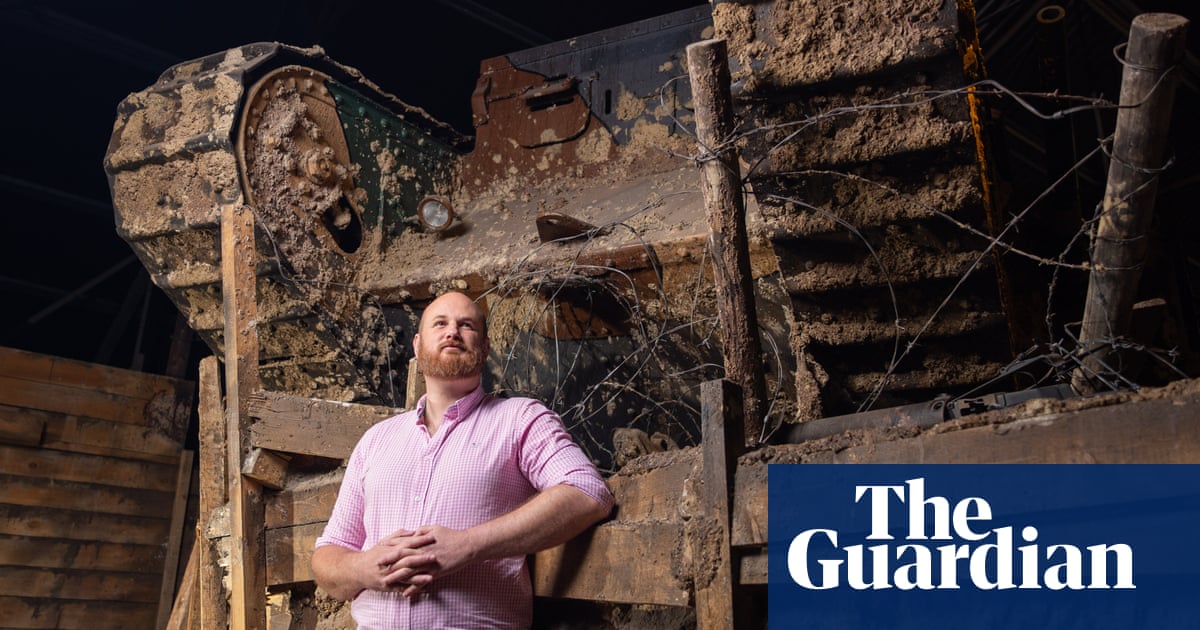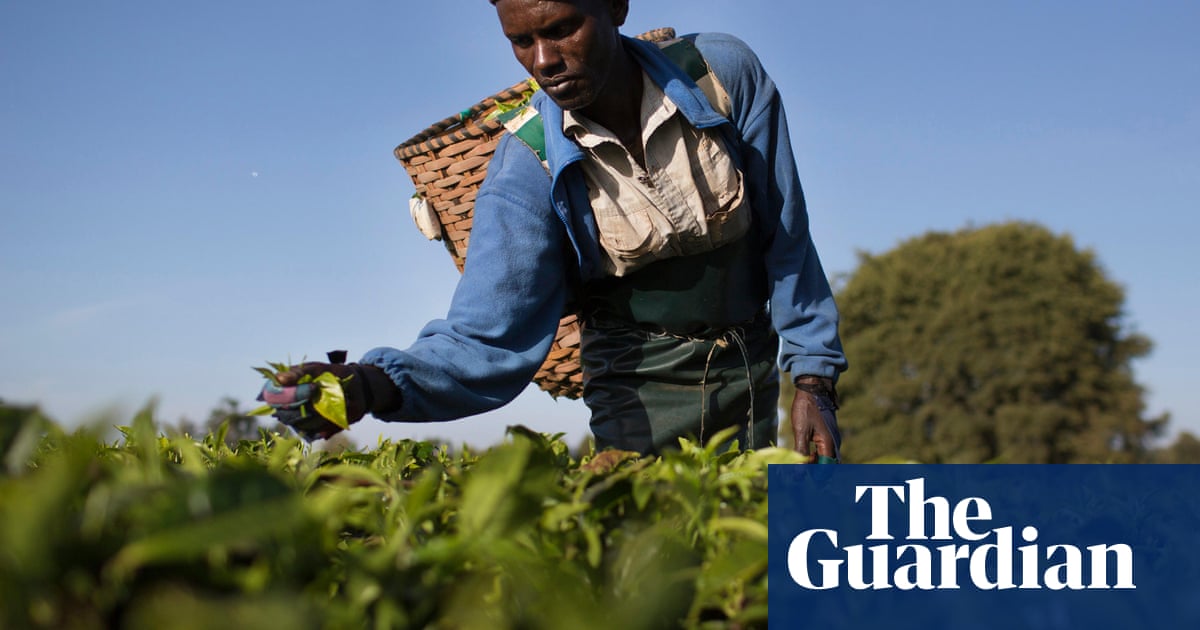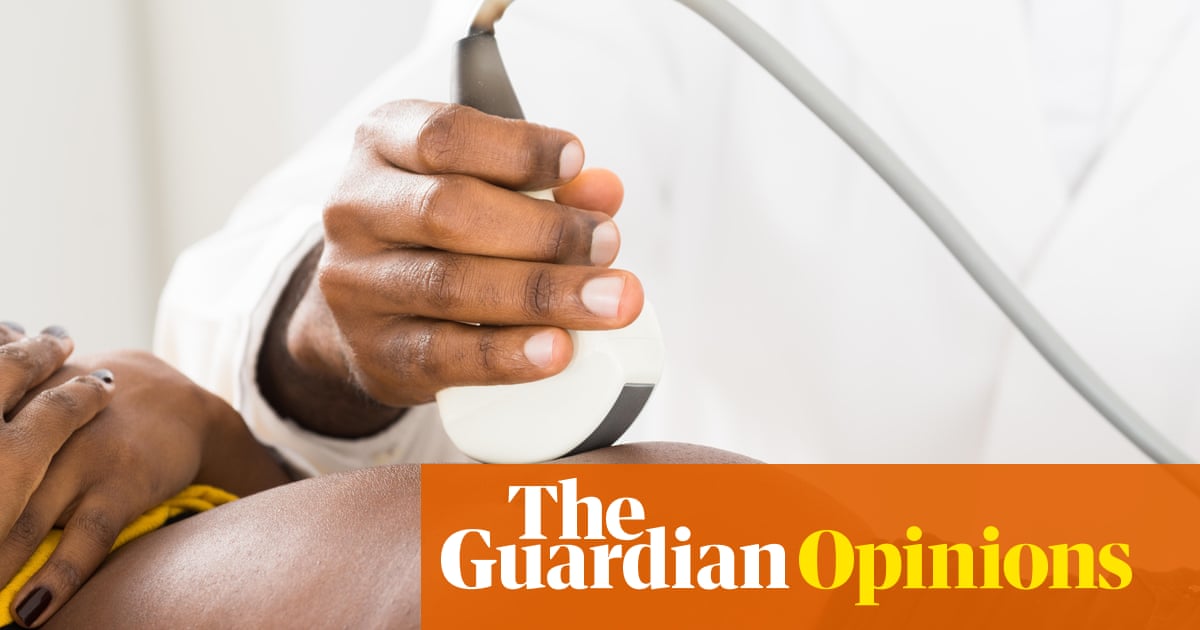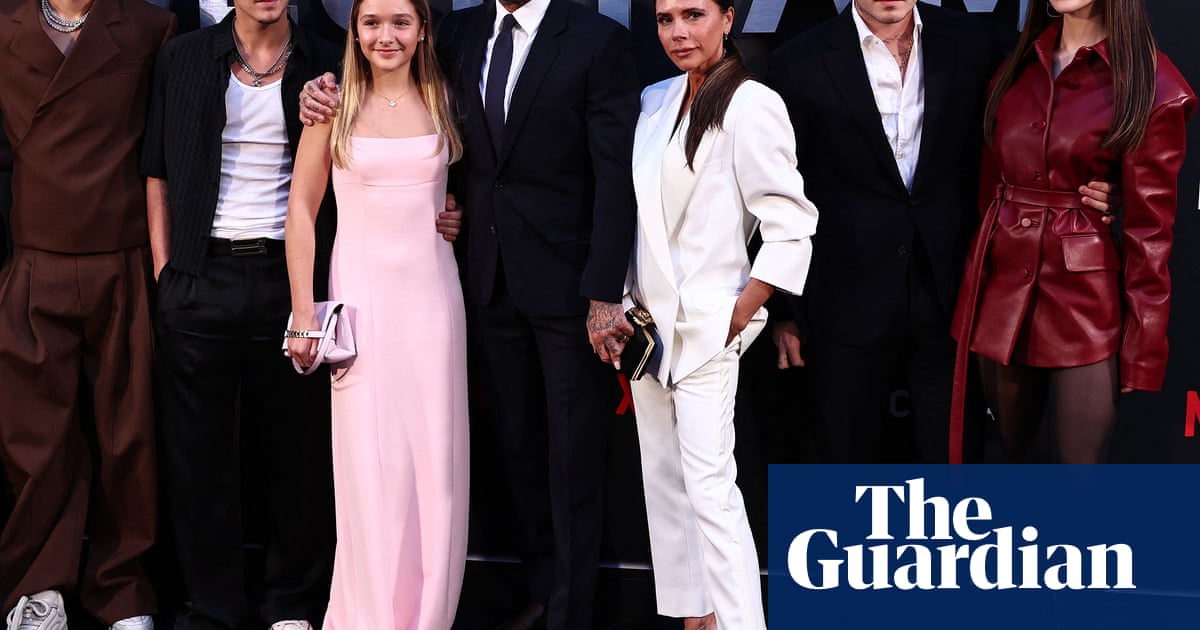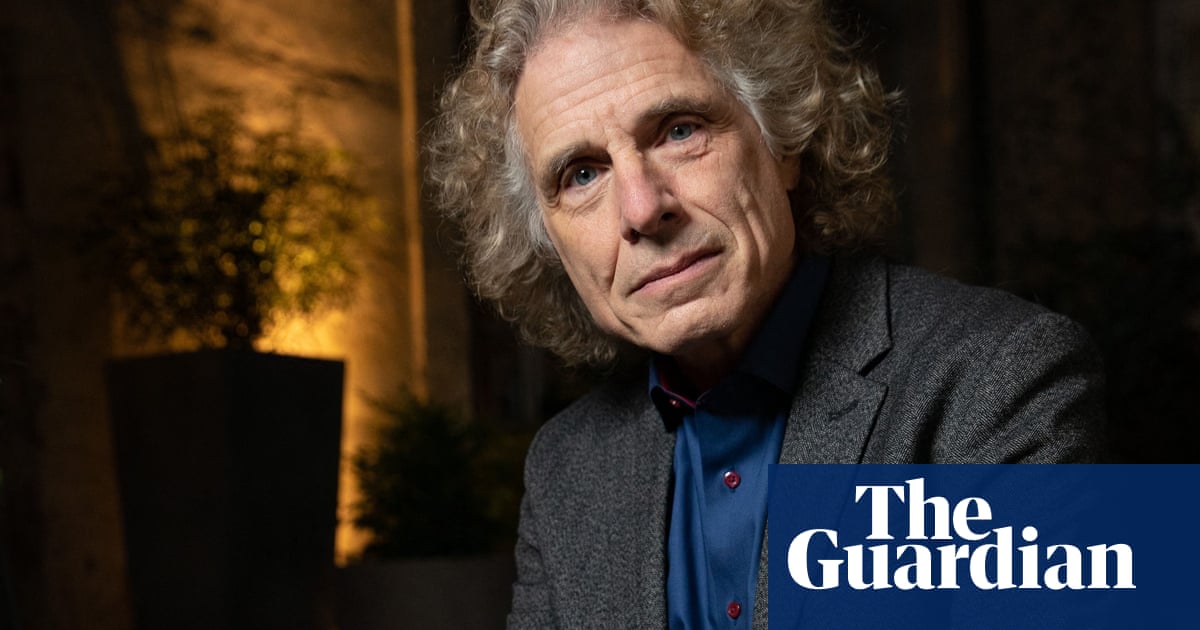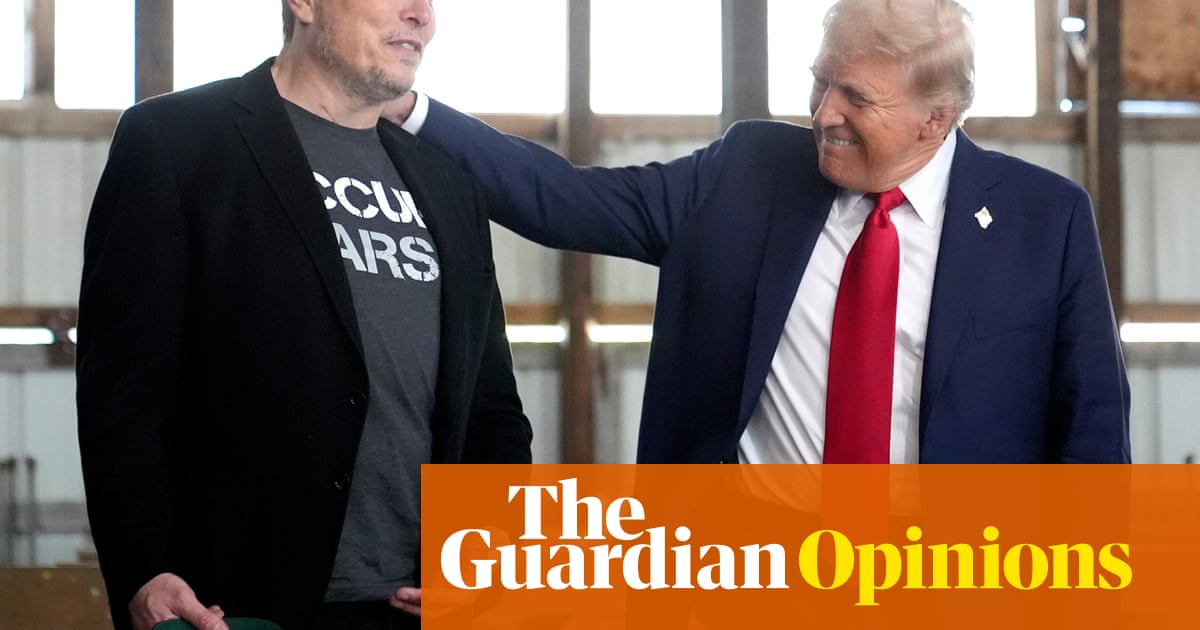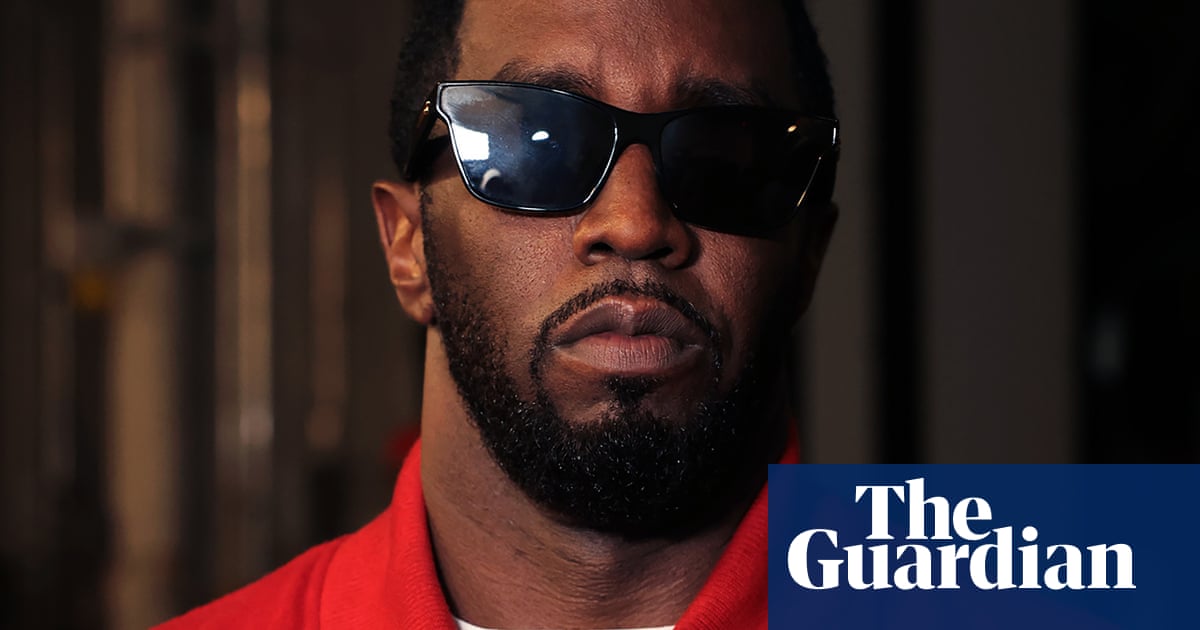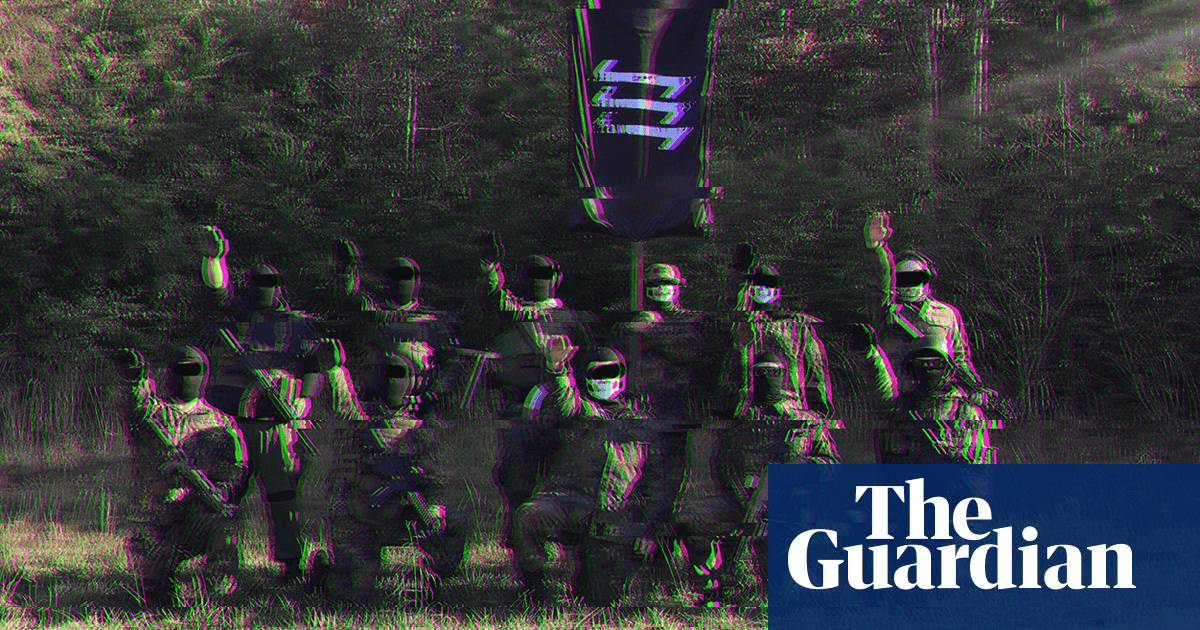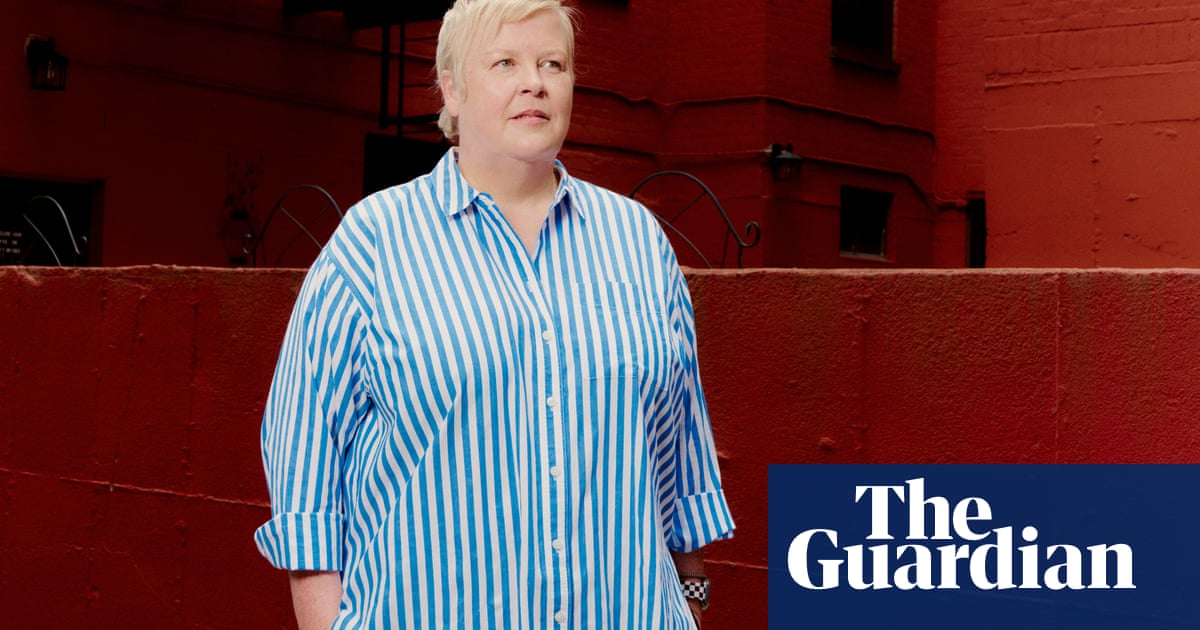Ecuadorians are voting in a presidential election that has shaped up to be a repeat of the 2023 race, when they chose a young, conservative millionaire over the former leftist president’s protege.
Luisa González and the incumbent, Daniel Noboa, are the clear frontrunners in the pool of 16 candidates. All have promised to reduce the widespread crime that pushed the country into an unnerving new normal four years ago.
The rise in violence across the South American country is linked to the trafficking of cocaine produced in neighbouring Colombia and Peru. Many voters have become victims of crime, so their personal and collective losses will be a determining factor in the outcome of the election.
Voting is mandatory in Ecuador. In the port city of Guayaquil, people lined up under a light rain outside a public university where tens of thousands were expected to cast ballots.
“For me, this president is disastrous,” said Marta Barres, 35, who went to the voting centre with her three teenage children. “Can he change things in four more years? No. He hasn’t done anything.”
Barres, who must pay $25 (£20) a month to a local gang to avoid harassment or worse, said she would vote for González because she believed she could reduce crime and improve the economy.
More than 13.7 million people are eligible to vote. To win outright, a candidate needs 50% of the vote or at least 40% with a 10-point lead over the closest challenger. If needed, a runoff election would take place on 13 April.
Noboa defeated González in the October 2023 runoff of a snap election that was triggered by the decision of the then president, Guillermo Lasso, to dissolve the national assembly and shorten his own mandate as a result. Noboa and González, a mentee of the former president Rafael Correa, had served only short stints as lawmakers before launching their 2023 presidential campaigns.
Noboa, 37, is an heir to a fortune built on the banana trade. He founded an event-organising company when he was 18 and then joined his father’s Noboa Corp, where he held management positions in the shipping, logistics and commercial areas. His political career began in 2021, when he won a seat in the national assembly and chaired its economic development commission.
Under his presidency, the homicide rate dropped from 46.18 per 100,000 people in 2023 to 38.76 per 100,000 people last year. It nevertheless remains far higher than the 6.85 per 100,000 people in 2019.
Keila Torres, an architecture student waiting for her turn to vote, said she had not yet decided who to vote for. None of the candidates, she said, would be able to lower crime across Ecuador because of deep-rooted government corruption.
“If I could, I wouldn’t be here,” said Torres, who has witnessed three robberies in public buses over the past four years and barely escaped a carjacking in December. “Things are not going to change.”
Torres added that criminal activity had affected her studies as her neighbourhood’s gang targeted anyone walking the streets after 10pm., which forced her to skip night classes to not miss curfew. She said her family was not forced to pay monthly extortion fees to the gang, but the group had urged neighbours to vote for a specific candidate.
“In my area, they left flyers in every house door saying that if they didn’t vote for Luisa, they would have to face the consequences,” Torres said.
González, 47, held various government jobs during the presidency of Correa, who led Ecuador from 2007 to 2017 with free-spending socially conservative policies and grew increasingly authoritarian in his last years as president. He was sentenced to prison in absentia in 2020 in a corruption scandal.
González was a lawmaker from 2021 until May 2023, when Lasso dissolved the national assembly. She was unknown to most voters until Correa’s party picked her as its presidential candidate for the snap election.

 3 months ago
56
3 months ago
56

